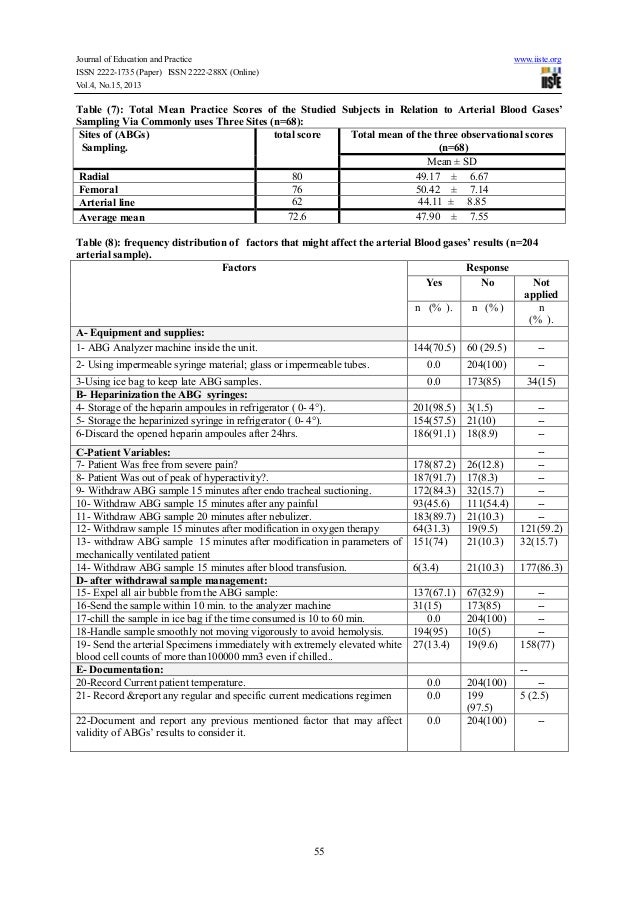

Recent clinical practice guidelines identified several indications for self-measured BP, which may provide for more standardized measurement of BP. Therefore, increased use of self-measured BP in the care of patients with arterial hypotension or hypertension could be beneficial. It enables diagnosis of hypertension or hypotension, helps patients control BP, improves therapeutic compliance, and minimizes the “white coat” and “masked hypertension” syndromes and observation biases caused by the health care professional being aware of the patient’s characteristics during the measurement. Self-measured BP monitoring has many advantages. As demonstrated in studies by the UK National Health System, self-measurement of BP is a priority strategy for managing BP. Successful BP management depends to a large extent on the patient’s willingness and capacity to make certain lifestyle changes. For patients who have or are at risk for high BP, regular monitoring of BP is useful.

Blood pressure (BP) plays a major role in the development of cardiovascular disease, which is the leading cause of premature death worldwide.


 0 kommentar(er)
0 kommentar(er)
